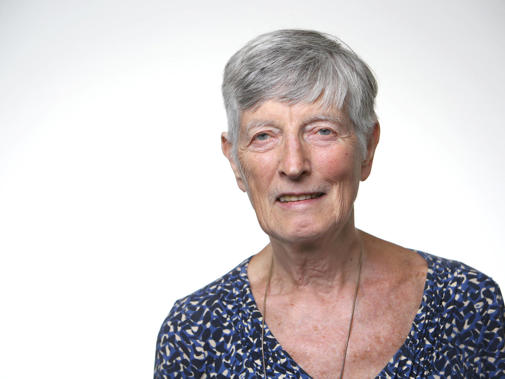Home use of mifepristone should continue to be permitted for early medical abortions, as it has proved safe and effective, a majority of doctors at the BMA ARM (annual representative meeting) agreed.
London retired consultant in obstetrics and gynaecology Wendy Savage (pictured) said the formal conditions for where abortions can be administered had been changed in England, Wales and Scotland at the end of March. In June a UK Government minister announced a public consultation on whether its use should be continued. As it stands currently, the formal approvals permitting its use at home are only temporary.
‘This change has benefited women. It is essential that the BMA supports the permanence of this change by all means possible,’ Professor Savage said.
She cited data which showed halving in waiting time, to five days, a fall in the average gestation by a week, to 6.7 weeks, and an increase in the proportion of all abortions under 10 weeks carried out from 84 to 92 per cent. In addition, she said no serious complications had been reported.
Risks
Yorkshire clinical genetics trainee Melody Redman disagreed, arguing: ‘Remote services mean a removal of current safeguards.’
She said: ‘Face-to-face consultations allow appropriate clinical assessment and risk management. Remote services mean no ultrasound scanning, so no checking for ectopics, no qualification of gestation beyond a woman’s last menstrual period.’
Dr Redman cited cases in which women have been sent the pills by post after the 10-week cut-off.
‘The system is rife with problems,’ she added. ‘The risks to women are very real.’
She was supported by London sessional GP Naomi Beer, who said the home use of mifepristone was a ‘temporary pragmatic response during an emergency situation’.
She said: ‘That situation will not be permanent, and such a change in practice should not become permanent without a robust evidence review and appropriate parliamentary scrutiny.’
Safeguarding
BMA medical ethics committee chair John Chisholm supported the motion, arguing: ‘The evidence is very much there that this has been a positive and successful change.’
In addition to the figures cited by Professor Savage, he said: ‘Robust safeguarding procedures are in place to identify those women and girls who have a safeguarding risk; all under-18s and all vulnerable adults have a safeguarding risk assessment. Marie Stopes UK has seen a 77 per cent increase in the number of safeguarding cases identified, which shows that vulnerable women and girls are being protected.’
He said the suggestion that the measures had been harmful to women was based on misleading information. The RCOG (Royal College of Obstetricians and Gynaecologists), he said, had found there to be no greater risk from ectopic pregnancies, no maternal deaths, and a very small number of problems with incorrect gestational age.
A majority of doctors supported the motion to ‘support continuation of these remote services post-pandemic, which are in line with best global practice and benefit women’.

